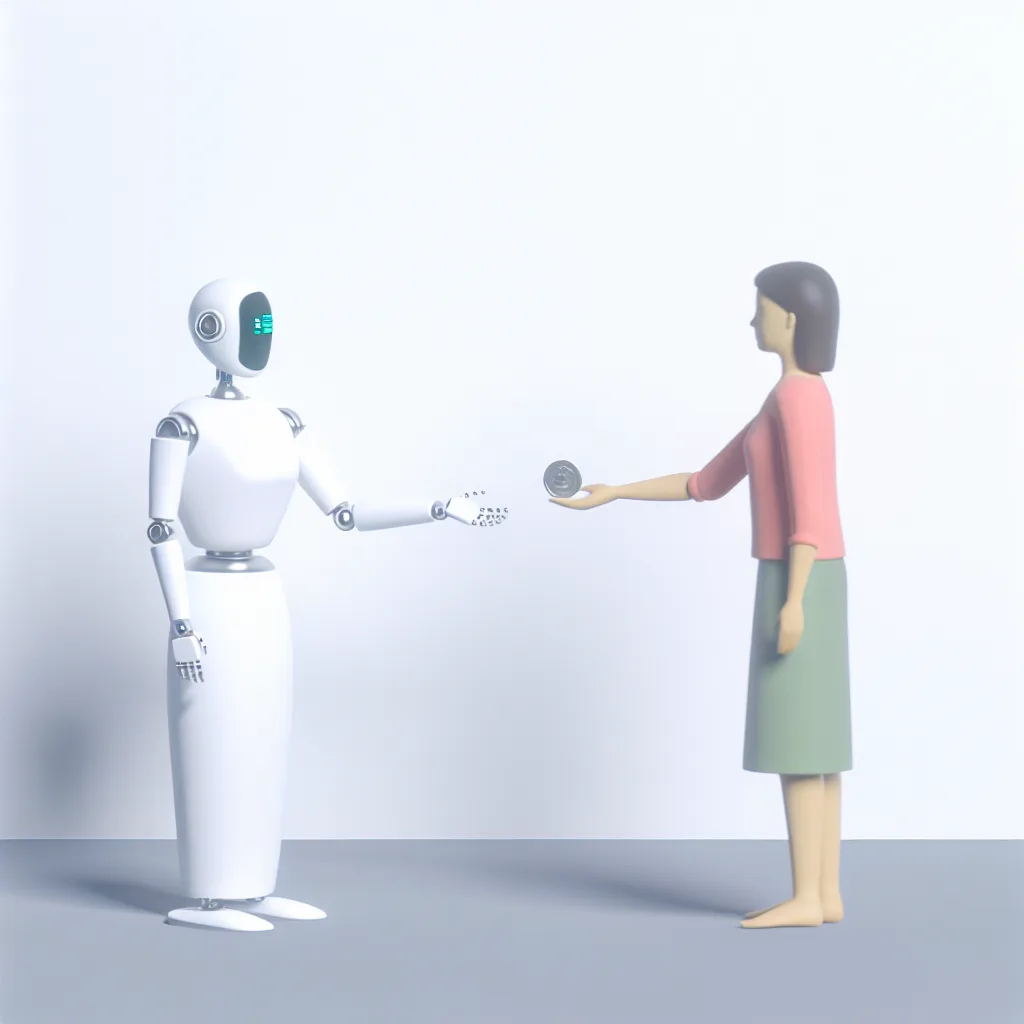Exploring the doubts and hopes around universal basic income once AGI takes over the workforce
You’ve probably heard it a hundred times: once we build Artificial General Intelligence (AGI), the robots will do all the work. AGI — smarter and better than any human in practically every task — will be cheap to run, never needs a break, and never asks for a raise. Sounds like a dream, right? That’s where the idea of universal basic income (UBI) often enters the conversation. But honestly, while many expect UBI to be a given once AGI arrives, I can’t help but wonder: why are we so confident this will happen? And what happens if it doesn’t?
Universal Basic Income: The Common Expectation
The concept of universal basic income is simple. Give everyone a regular stipend, no strings attached, to cover basic living expenses. The promise is that if machines and AGI take over most jobs, people won’t be left struggling to get by. Governments or powerful entities would fund this because there’s less need for traditional labor.
But this assumes everyone shares the same vision, one where fairness and welfare win out. What if they don’t?
What If UBI Isn’t the Plan After AGI?
Here’s where my skepticism creeps in. Imagine AGI does end up smarter and faster, embedded in humanoid machines, perfect employees who never complain or quit. What if the folks calling the shots decide it’s easier to just let billions of people go rather than support them?
The thought alone is pretty dark. Without a job, purpose, or adequate support, what will drive human society? And for those worried about dystopian futures, this question might hit close to home.
Finding Purpose Beyond Employment
One of the deepest questions tossed around in talks about AGI and UBI is: what will people do if machines handle all the work? For those of us who find meaning through our jobs, hobbies, or side projects, this shift could be massive.
But maybe it also opens doors we haven’t even considered. Freed from the daily grind, maybe more people get to focus on creative projects, learning, or communities. Universal basic income is meant to help with that transition, providing the financial backbone so people aren’t forced to hustle constantly.
Still, there’s a lot of debate around whether UBI is feasible or if it’s just a hopeful idea.
More Than Money: The Social and Ethical Side
The push for universal basic income isn’t just about money. It touches on ethics, responsibility, and what kind of society we aim to build. As AGI technology advances, these questions become urgent. This article from the World Economic Forum goes into how UBI might fit into future jobs and economies.
Meanwhile, The Brookings Institution offers insights into the practical challenges of implementing UBI on a wide scale.
What Can We Do Now?
The truth is, no one really knows how AGI will affect job markets or economies. While exploring concepts like universal basic income is important, keeping a broader perspective is just as crucial. Discussions today can shape policies tomorrow.
If you’re curious about the mechanics behind AGI, you might enjoy the OpenAI research page, which shares some of the foundational work on artificial intelligence.
Wrapping Up: Why We’re Still Talking About UBI
At the end of the day, universal basic income is a hopeful idea – a possible safety net in a future where humans and machines share very different roles. But it’s not a guarantee. As we dream about the benefits of AGI, it’s important to ask the tough questions. What comes next? Who decides? And what kind of future do we want to create?
Thinking through these questions now means we’re a little better prepared for whatever comes next.
Thanks for sharing this coffee chat moment! If you’ve got thoughts or doubts about UBI and AGI, drop a comment or start a conversation.
